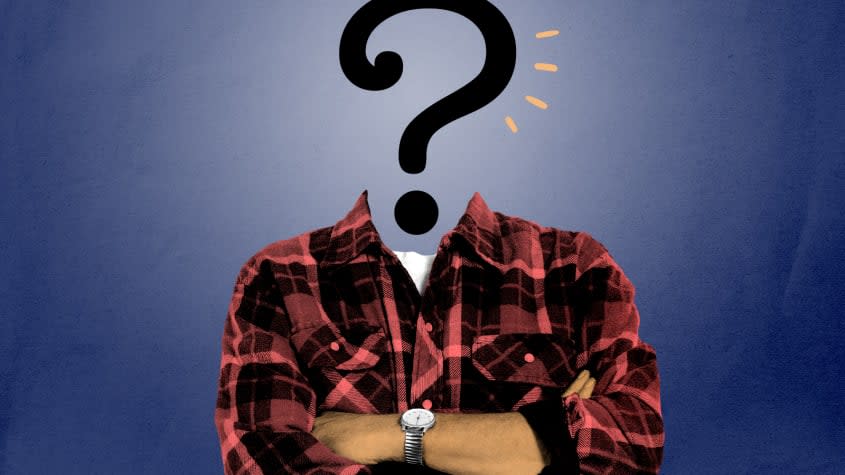Democrats scare off the median voter

The Democratic Party, with the narrowest of majorities, is trying to pass two bills through Congress that, in their current form, would increase federal spending by roughly $4.5 trillion with an as-yet indeterminate amount of compensating revenue increases. At the same time, the Democrats also want to boost the party's popularity heading into the 2022 midterms and, ultimately, the 2024 presidential election.
If a recent Matthew Yglesias Substack post is right, it might not be possible to do both.
That's because, as Yglesias argues, the median voter in America is a 50-something white person who didn't graduate from college and lives in the suburbs of an unfashionable American city. And this median voter is unlikely to support policies favored by the party's progressive caucus, which has so far had the biggest say on what's in these bills. That means that the Democrats are spending months trying to pass legislation that's well to the left of the median American voter when appealing to the median voter is the best, and perhaps only, way to increase the political power of Democrats in Washington over the next few election cycles.
Now, of course this doesn't mean the Dems should mimic Republicans and pass a big tax cut and support no new significant spending. Yglesias' median voter theorem applies most powerfully to culture-war issues, and some of the policy proposals in the two spending bills — hard infrastructure (roads and bridges), for example, as well as regulations on prescription drug pricing — are quite broadly popular. The Democrats would be foolish not to pass and run on these initiatives in 2022 and beyond.
But much of the rest of what's in especially the second, much larger ($3.5 trillion) bill? It's a mixed bag, like the bill itself. Some items poll well, others less so. But as progressive pundit Eric Levitz admits, the enormous spending Congress passed early on in the Biden presidency (including substantial checks sent to many millions of Americans) didn't do much of anything to boost Biden's approval rating. So whether any item in the current spending bills does anything to help Democrats is unclear. But what is clear is that the enormous overall price tag will almost certainly be hung around the party's neck by Republicans as the country heads into the midterms.
That won't hurt progressive members of the Democratic caucus in the House, who in most cases come from safely blue districts. But Democrats from purple districts, like many Democratic senators up for re-election next year, could find themselves running headlong into a Republican buzz saw if Biden ends up signing the larger bill in its current form.
It certainly wouldn't be the first time Democrats traded a progressive victory on policy for broader popularity and future power.
You may also like
7 painfully funny cartoons about America's endless vaccine fights
Did Theranos Lose Afghanistan?
Feds charge 2 GOP operatives with funneling Russian's money to Trump campaign

